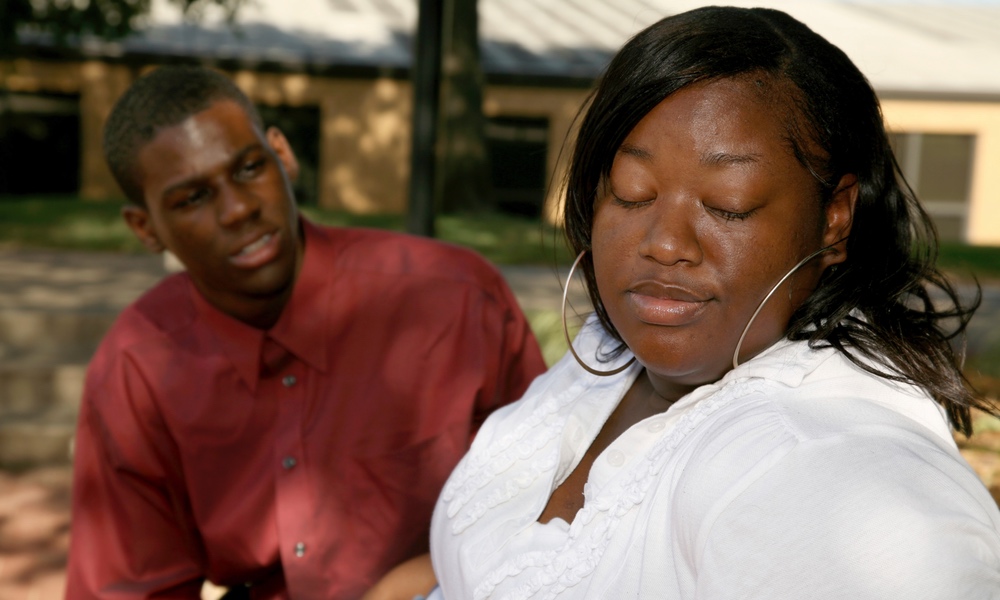“Playing hard to get” is one tack people take when they’re trying to attract a romantic prospect. The idea is that if the other person can’t tell if you’re into them or not, they’ll be more drawn to you. But a new study finds that’s not exactly how it works. In fact, playing hard to get may actually decrease the odds that the other person will find you attractive.
Heterosexual students, aged 19 to 31, came into the lab as part of a study designed to show how certainly and uncertainty relate to attractiveness. They were told there was an opposite sex “partner” in another room with whom they would communicate via online chat. Their pictures were taken and given to the “partners,” who were really just confederates of the researchers. The participants were shown photos of their “partners.”
At the end of the chat session, participants were each given the opportunity to send a last message to their partner — and were either told that there was a message waiting for them, which would create a feeling of more certainty, or there was no message — creating a feeling of uncertainty. Participants were then asked to rate the attractiveness of their partners.
Those participants who were led to feel more certain about their partners’ feelings were more likely to say he or she was attractive. On the flip side, those who had no expectation of a message from their partners, rated their partners as less attractive, on average.Playing hard to get may actually decrease the odds that the other person will find you attractive.
Additional experiments, some in real-world situations, found the same trend — people who were more certain about their potential date’s feelings found them more attractive.
“People experience higher levels of sexual desire when they feel confident about a partner's interest and acceptance,” study author, Harry Reis, said in a statement.
If uncertainty arises in a committed relationship, it can signal things were wrong on a much deeper level. Uncertainty, study author, Gurit Birnbaum, says, “may therefore be particularly threatening and devastating for personal and relationship well-being in established relationships, in which it is least expected.”
But in people who are dating, or might date, being less attracted when the other’s feelings are uncertain may be a protective mechanism, shielding a person from a potential disappointment. “People may protect themselves from the possibility of a painful rejection by distancing themselves from potentially rejecting partners,” said Reis.“People experience higher levels of sexual desire when they feel confident about a partner's interest and acceptance.”
It’s probably a delicate balance: while dating uncertainly may be motivating, since it increases excitement, other research suggests that if you want commitment, or to keep the flame of commitment alive, show your enthusiasm for your partner.
The study was carried to by a team at the University of Rochester and the Interdisciplinary Center Herzliya in Israel. It was published in Computers in Human Behavior.





